Château Léoville Barton 2018
Description
Le Château Léoville Barton 2006, deuxième Cru Classé en 1855, vient de Saint-Julien et offre le meilleur de cette appellation célèbre. C'est un Bordeaux classique et puissant, super pour la garde
Fiche technique
Dégustation
Vignoble et élaboration
L'avis des experts
In this wine, fine and rich tannins partner with powerful black-plum and black-currant fruits. Densely textured while also having swathes of rich fruits, the wine shows both a firm side and one that offers total deliciousness. As it matures, both these aspects will come together. Drink from 2027.
Sweet berries, blackberries, raspberries and violets follow through to a full body with extremely creamy, polished tannins that caress the palate. It’s really long and polished. Gorgeous finish. Drink after 2025.
This estate has been on fire in recent vintages, and the 2018 Château Léoville Barton is up there with the best of them. Based on 82% Cabernet Sauvignon and 18% Merlot that was brought up in 60% new French oak, this classic, flawlessly balanced, straight-up awesome Saint-Julien has loads of cassis and mulberry fruits as well as notes of freshly sharpened pencils, leafy tobacco, chocolate, and earth. Rich, medium to full-bodied, and concentrated on the palate, it has building tannins and healthy acidity, yet the fruit is pure, perfectly ripe, and wonderfully integrated with all the wine's components. As is normal with this cuvée, it closes down with extended air and is going to take a solid 8-10 years of bottle age to reach the early stages of maturity. It's going to evolve for 30-40 years in cold cellars.
They are just hitting it out of the park at Léoville Barton at the moment, keeping the relaxed and effortless feel of a great St-Julien but loading up on the complexity and concentration that lies behind it. You don't see all the mechanisms, but you know they are there.This is going to age exceptionally well, but there's a freshness and juiciness to the structure already that suggests it's going to be great fun to drink along the way. It has glass-staining extraction, with plenty of cassis, graphite and liquorice flavours - everything's turned up high. 60% new oak.
Deep garnet-purple in color, the 2018 Léoville Barton needs a little swirling to coax out delicate notions of fresh blackberries, mulberries and cassis, plus touches of pencil shavings, clove oil, charcoal and black truffles. The medium to full-bodied palate delivers a great intensity of earth and mineral-laced black fruit flavors, supported by firm, ripe, grainy tannins and seamless freshness, finishing on a lingering ferrous note. Give it a good 4-5 years in bottle and drink it over the next 20 years+.
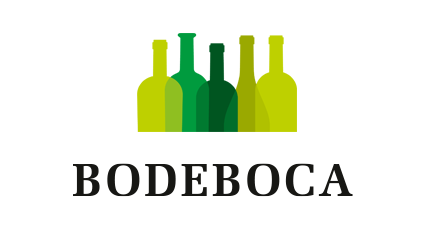
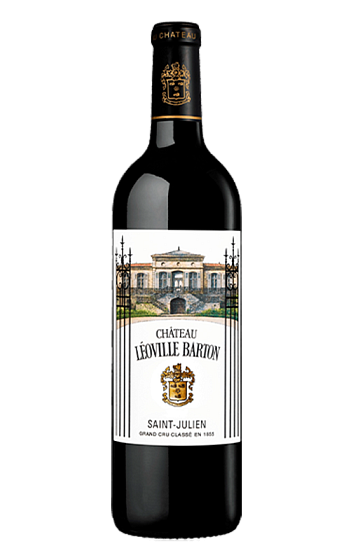


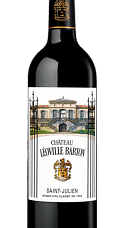
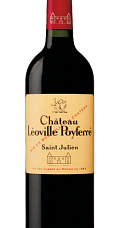
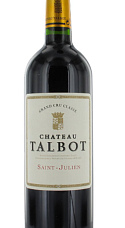
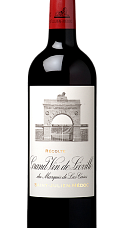
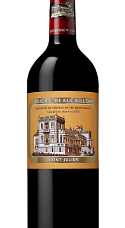



Millésimes: 2024 2023 2022 2018
Nos membres n’ont pas encore laissé de commentaires pour ce millésime. Cliquez sur les millésimes précédents pour accéder aux commentaires.
Nos membres n’ont pas encore laissé de commentaires pour ce millésime. Cliquez sur les millésimes précédents pour accéder aux commentaires.
Nos membres n’ont pas encore laissé de commentaires pour ce millésime. Cliquez sur les millésimes précédents pour accéder aux commentaires.
Nos membres n’ont pas encore laissé de commentaires pour ce millésime. Cliquez sur les millésimes précédents pour accéder aux commentaires.